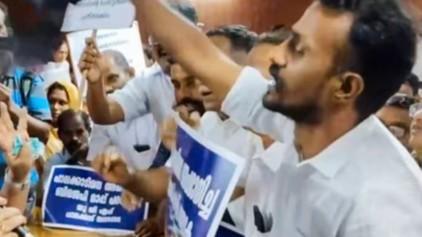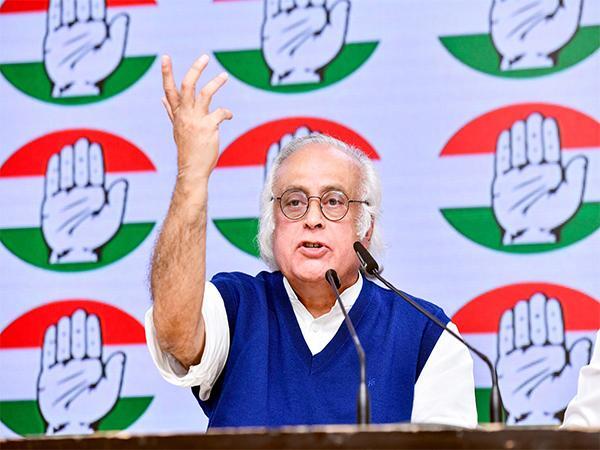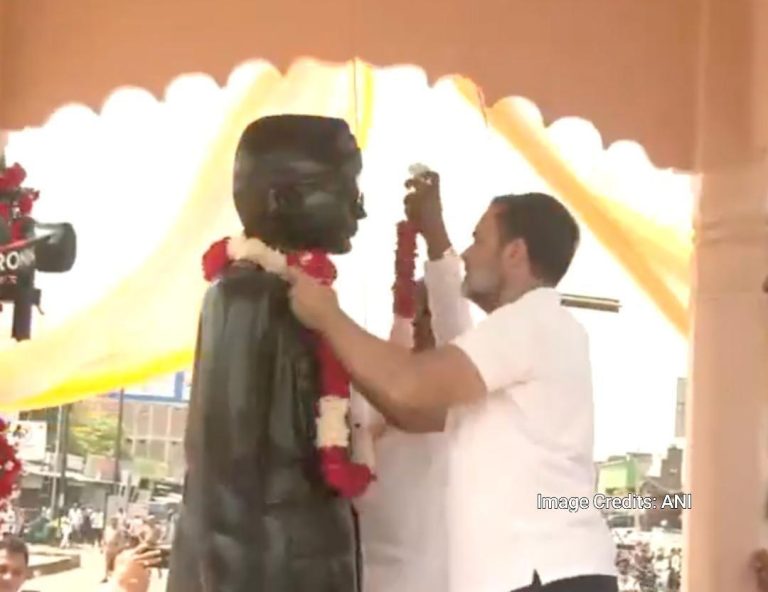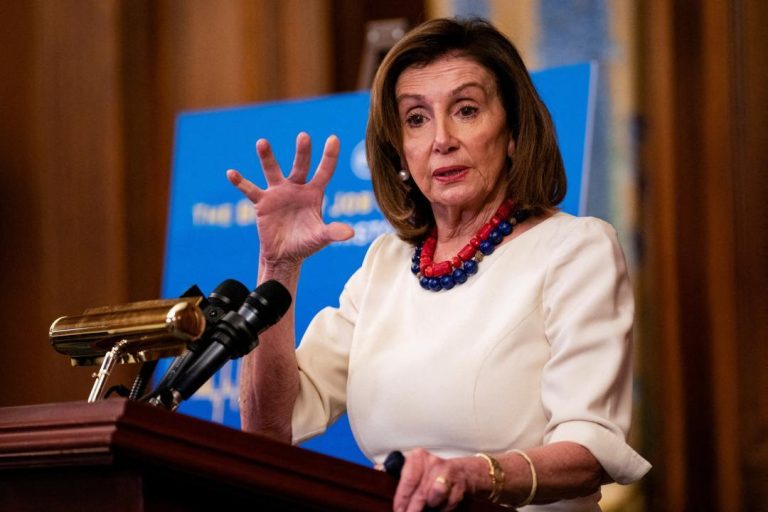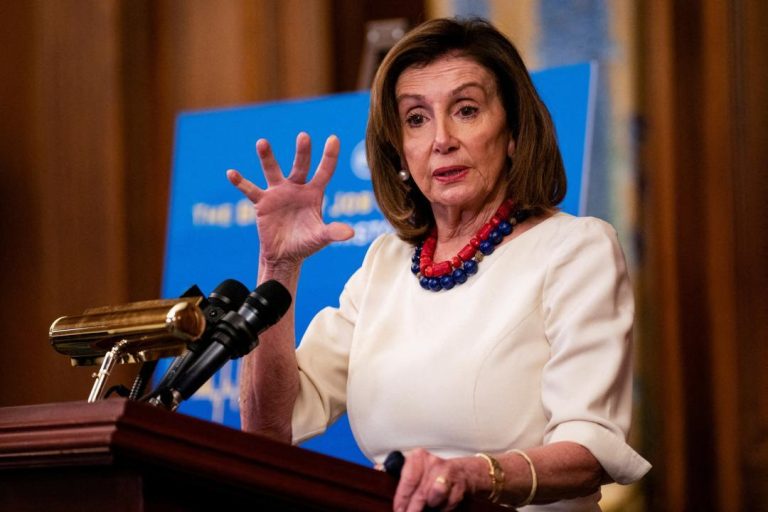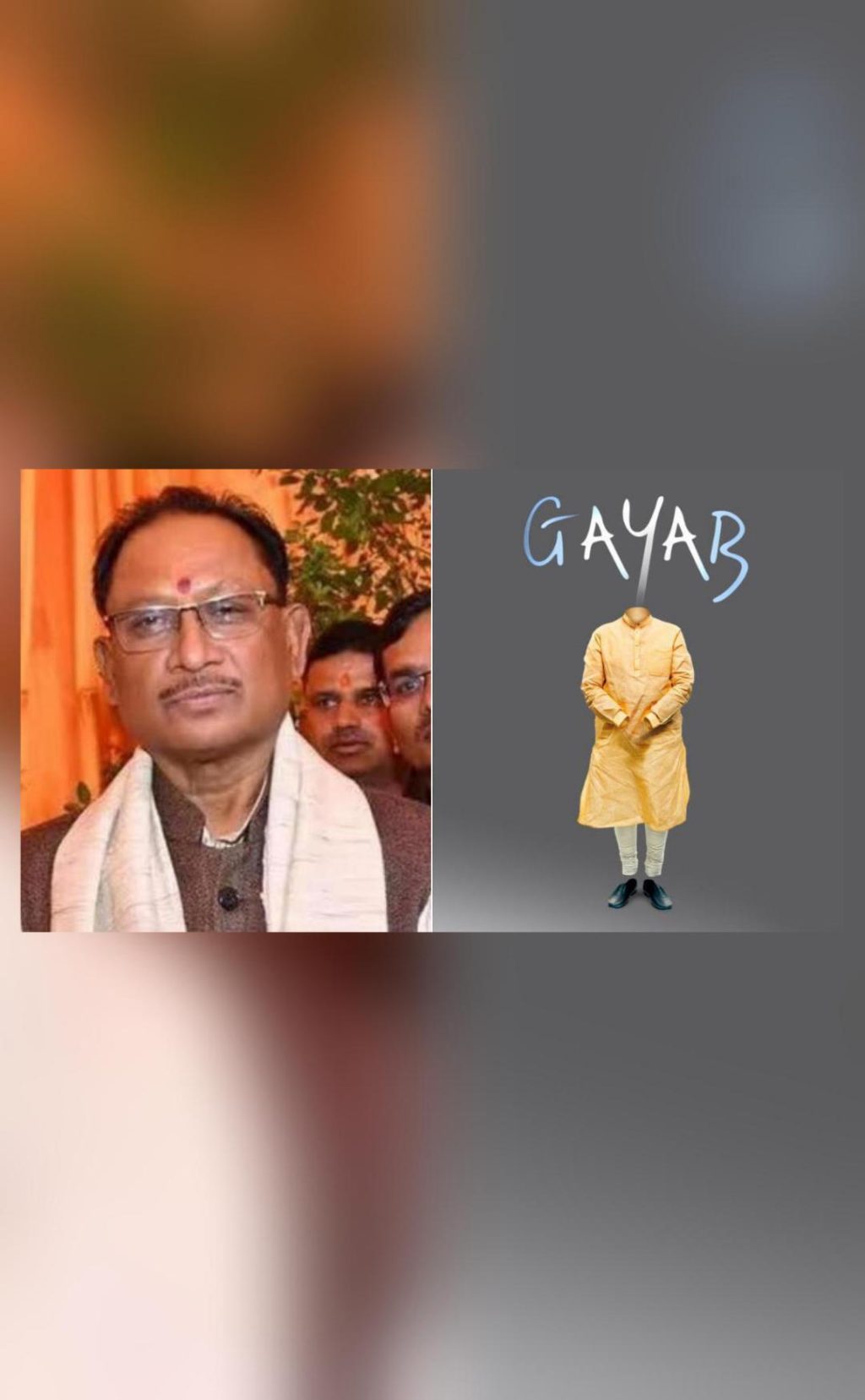
Congress is a Fuse Bulb: Chhattisgarh CM on ‘Gayab’ Poster Row
The recent poster controversy sparked by the Congress party has once again brought the spotlight on the increasingly bitter politics in the country. The poster, which read “Gayab” (meaning “missing” or “vanished”), appeared to be a jibe at Prime Minister Narendra Modi, who was not present at the G20 summit in Bali, Indonesia. However, the Congress party denied any connection to the poster, claiming it was a random post shared by an individual.
Despite the denials, the Chhattisgarh Chief Minister, Bhupesh Baghel, has now weighed in on the issue, saying that the Congress party is like a “fuse bulb” that has lost the trust of the people. “The Congress is a fuse bulb. They have lost the trust of people across the country. So, they say things that make no sense,” he said.
The poster controversy seems to have been sparked by the Pahalgam terror attack, which claimed the lives of at least 26 people. The attack was widely condemned by political leaders across the country, with many calling for stricter measures to combat terrorism.
The Congress party’s decision to share the poster has been widely criticized, with many accusing the party of trying to politicize a sensitive issue. The party’s leaders have defended the move, saying that it was meant to highlight the Prime Minister’s absence from the G20 summit.
However, the Chhattisgarh Chief Minister has rejected the Congress party’s claims, saying that the party’s actions are a reflection of its own desperation. “When a party loses the trust of the people, it starts saying things that make no sense,” he said.
The Chief Minister’s comments have sparked a fresh debate on the role of political parties in the country. Many have accused the Congress party of trying to exploit the Pahalgam terror attack for political gain, while others have defended the party’s right to express its opinions.
The poster controversy has also raised questions about the responsibility of political parties in a democratic society. Can political parties be held accountable for the actions of their supporters, or are they simply free to do as they please?
The Chhattisgarh Chief Minister’s comments have also drawn attention to the growing tensions between the Congress party and the ruling Bharatiya Janata Party (BJP). The two parties have been engaged in a bitter battle for months, with the Congress party accusing the BJP of trying to suppress its voices.
The poster controversy has also sparked a wider debate about the role of social media in politics. Can social media platforms be held accountable for the content that is shared on their platforms, or are they simply free to do as they please?
The Chhattisgarh Chief Minister’s comments have also drawn attention to the growing importance of social media in modern politics. Can social media platforms be used to spread misinformation and propaganda, or are they simply a neutral platform for people to express their opinions?
The poster controversy has also raised questions about the responsibility of political leaders in a democratic society. Can political leaders be held accountable for their actions, or are they simply free to do as they please?
The Chhattisgarh Chief Minister’s comments have also drawn attention to the growing tensions between the Congress party and the ruling BJP. The two parties have been engaged in a bitter battle for months, with the Congress party accusing the BJP of trying to suppress its voices.
The poster controversy has also sparked a wider debate about the role of political parties in a democratic society. Can political parties be held accountable for the actions of their supporters, or are they simply free to do as they please?
It is clear that the poster controversy has sparked a wider debate about the role of political parties in a democratic society. Can political parties be held accountable for the actions of their supporters, or are they simply free to do as they please?
The Chhattisgarh Chief Minister’s comments have also drawn attention to the growing tensions between the Congress party and the ruling BJP. The two parties have been engaged in a bitter battle for months, with the Congress party accusing the BJP of trying to suppress its voices.
The poster controversy has also raised questions about the responsibility of political leaders in a democratic society. Can political leaders be held accountable for their actions, or are they simply free to do as they please?
It is clear that the poster controversy has sparked a wider debate about the role of political parties in a democratic society. Can political parties be held accountable for the actions of their supporters, or are they simply free to do as they please?
Source:
